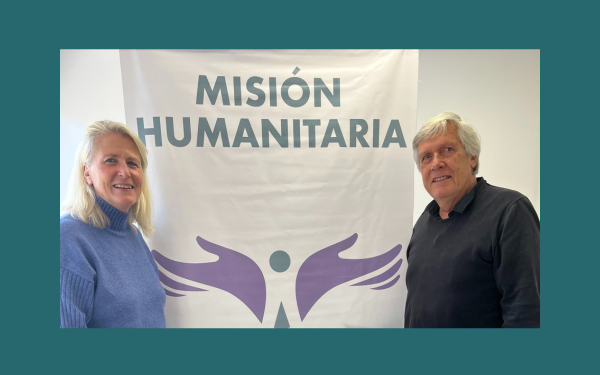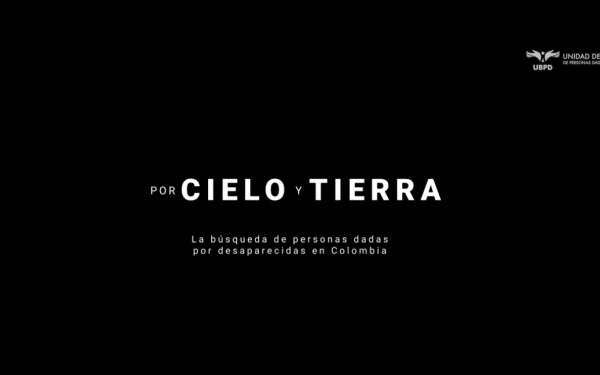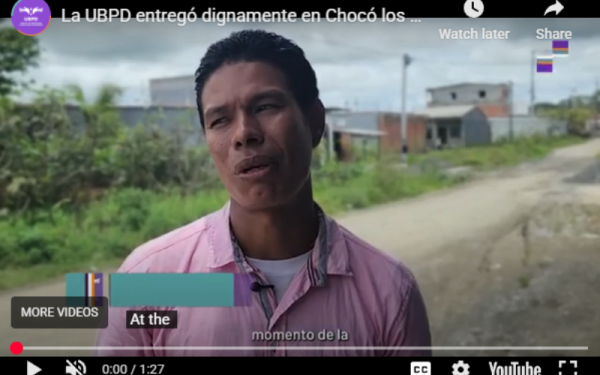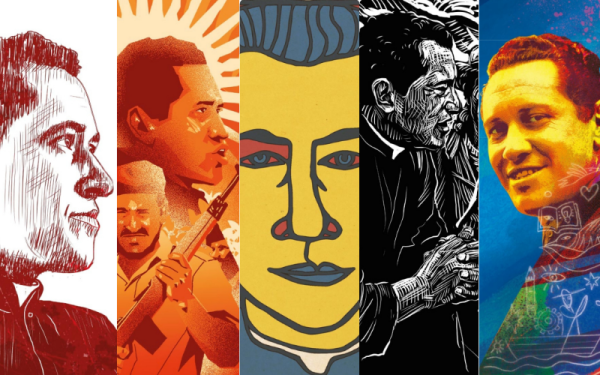The Ohio State University, Mershon Center, and Unidad de Búsqueda de Personas dadas por Desaparecidas (UBPD) Alliance
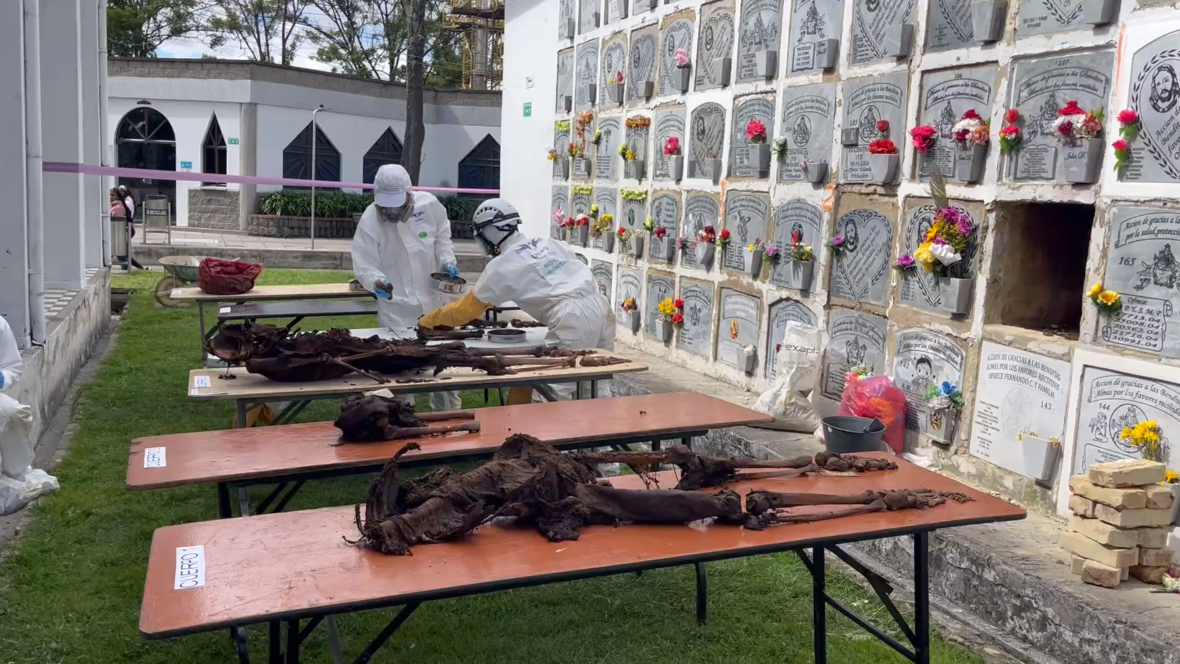
Between 1970-2016, more than 110,000 Colombians including rural populations, female leaders, social and community leaders, politicians, children, young people, people belonging to Indigenous peoples and black, Afro-Colombian, Palenquero and Raizal communities, and people with diverse sexual orientations and identities, disappeared.
The locations where missing persons were disposed, buried, or dumped after their disappearance are spread across territories with diverse characteristics and complexities: cemeteries, graves in open fields, estuaries, canals, rivers, hillsides, mountains, private properties, public properties, construction sites, waste dumps and extremely remote rural locations.
Peace negotiations between the National Government and Revolutionary Armed Forces of Colombia-People’s Army (FARC-EP) concluded in August 2016. Due to the mass scale, the war’s prolonged duration, historically obstructed and delayed approaches to peace, the long-term impact of multiple rights violations on individuals and communities, and a historical pattern of impunity, stakeholders in Colombia’s peace process determined that an integrated and comprehensive approach to transitional justice was necessary. This determination led to the creation of truth commission, a Special Jurisdiction for Peace, and the Unidad de Búsqueda de Personas dadas por Desaparecidas (UBPD). UBPD’s mission is to find the disappeared, but its efforts are also meant to be humanitarian and restorative. Their work contributes to the relief of suffering, and it supports victims’ rights to search, to truth, to justice, to reparation, and to non-repetition.
The Mershon Center for International Security Studies' Associate Director for Peacebuilding Teri Murphy, Ph.D., has been engaging in conversations with the UBPD and a wide range of UBPD leaders to explore ways in which the UBPD, the Mershon Center, and The Ohio State University might collaborate. In January 2026 the institution signed a formal alliance agreement.
“In my role as associate director, I am especially interested in connecting peace studies, policy, and practice in ways that encourage the cessation of violence and social healing. Given the extensive violence experienced in Colombia and our current numerous international conflicts, the world needs the knowledge, the compassion, and the tools to empower people to build peace. This is an exciting opportunity for the Mershon Center and The Ohio State University and we look forward to seeing what emerges.”
Associate Director Teri Murphy

